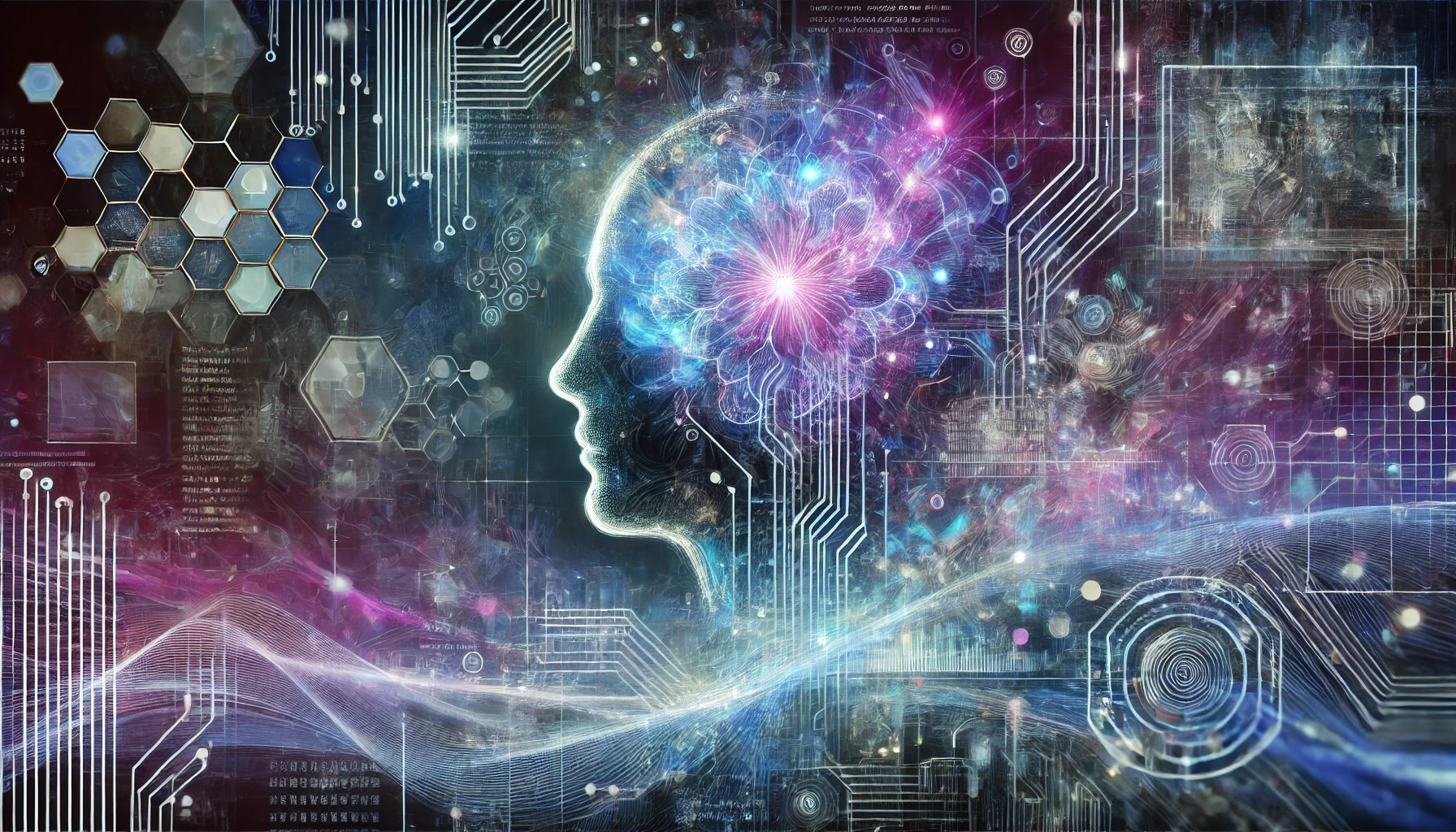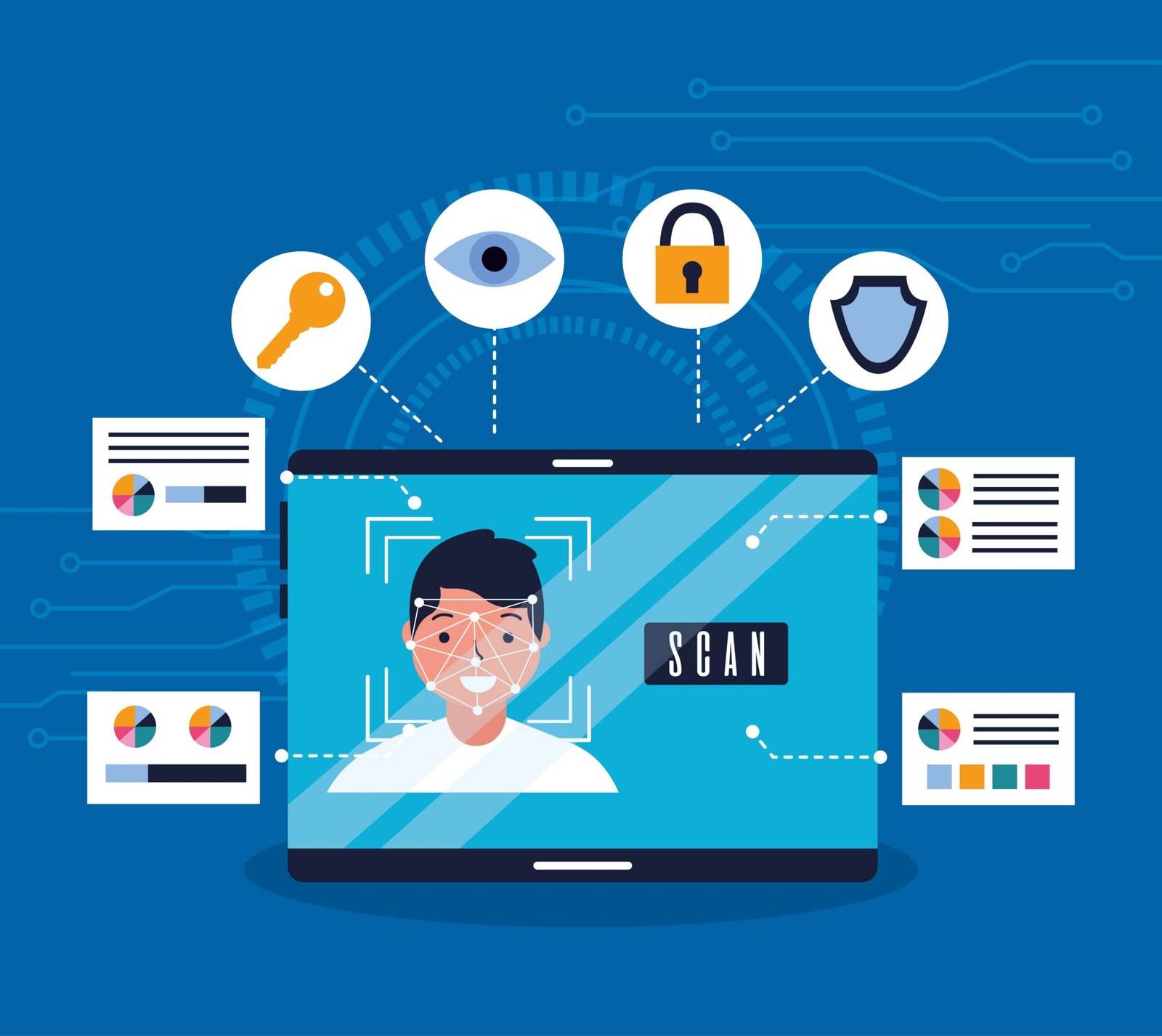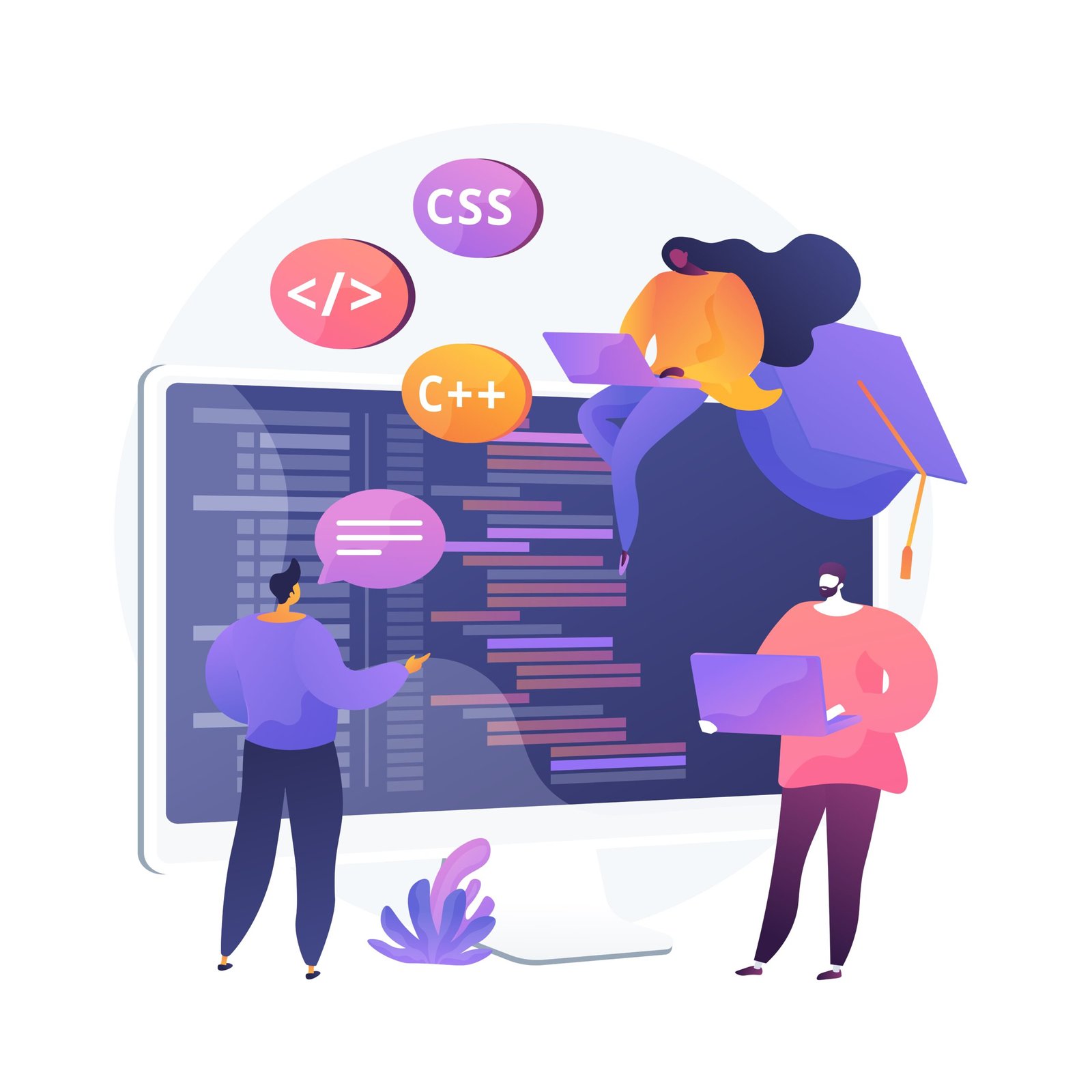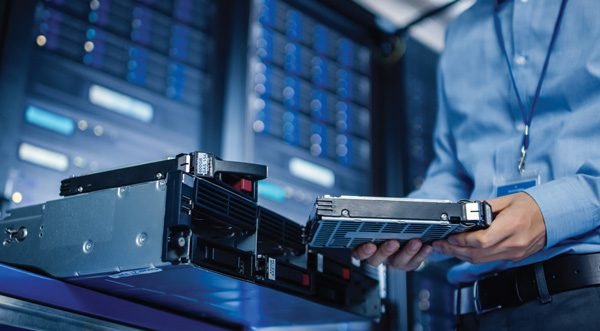Artificial Intelligence (AI) has moved beyond being a futuristic concept and is now deeply woven into different aspects of life. From automating tasks to reshaping industries, Rise of AI has brought about significant changes in how businesses operate and how people interact with technology.
While some see it as a way to improve efficiency, others worry about its long-term effects on jobs and privacy.
AI’s Influence on Healthcare and Medical Research
The medical field has seen remarkable advancements with AI-powered solutions. Machine learning models help doctors analyze medical images, predict disease risks, and personalize treatment plans. Rise of AI-driven diagnostic tools have improved early detection rates for conditions like cancer, making a noticeable difference in patient outcomes.
Meanwhile, pharmaceutical companies rely on AI to speed up drug discovery. Traditional methods of testing new compounds can take years, but AI algorithms can analyze vast datasets and identify potential drug candidates much faster. As a result, life-saving medications reach patients sooner than before.
Reshaping the Financial Sector with AI
The financial industry has also undergone significant changes due to AI. Banks and investment firms use AI-powered tools to detect fraudulent transactions, assess credit risks, and automate customer support. These tools not only improve security but also provide personalized financial advice.
Trading strategies have evolved as well. AI-driven algorithms analyze market trends, allowing traders to make informed decisions faster than ever. However, there are concerns about market manipulation and the role AI plays in high-frequency trading, raising questions about regulation and fairness.
AI in Retail: Personalization and Automation
Retail businesses have embraced AI to improve customer experiences. Personalized recommendations based on browsing history and purchase patterns have made online shopping more intuitive. E-commerce platforms analyze customer behavior, adjusting product listings and marketing strategies accordingly.
Physical stores have also adopted AI-powered solutions. Self-checkout systems, automated inventory tracking, and virtual shopping assistants have changed how customers shop. While these technologies offer convenience, they also bring challenges, such as job displacement for traditional retail workers.
Revolutionizing Transportation and Autonomous Vehicles
AI is playing a major role in reshaping transportation. Ride-sharing companies use AI algorithms to optimize routes, reduce wait times, and predict demand patterns. Meanwhile, automotive companies continue to develop self-driving vehicles, aiming to reduce traffic accidents and improve road safety.
Despite these advancements, self-driving technology is still facing challenges. Accidents involving autonomous vehicles have raised concerns about reliability and ethical decision-making in critical situations. Regulatory frameworks are also struggling to keep up with the rapid development of Rise of AI-driven transportation.
AI in Entertainment and Content Creation
The entertainment industry has seen AI take on creative roles, from generating music and art to writing scripts and editing videos. AI-generated content has become more realistic, making it harder to distinguish between human-made and machine-made work.
Streaming platforms use AI to personalize recommendations, while gaming companies implement AI-driven NPCs (non-playable characters) that adapt to player behavior. Similarly, AI-generated voiceovers and deepfake technology have raised concerns about authenticity and misinformation, especially in digital media.
AI’s Role in Education and Learning
Education has benefited from AI-powered tools that personalize learning experiences. Adaptive learning platforms assess students’ strengths and weaknesses, tailoring lessons accordingly. This approach helps learners progress at their own pace rather than following a rigid curriculum.
Teachers also rely on AI to automate grading and provide real-time feedback. However, critics argue that over-reliance on AI could reduce the human element in education, affecting critical thinking and creativity in students. Despite this, AI-assisted education continues to grow, offering new ways to acquire knowledge.
AI in Customer Service and Virtual Assistants
AI chatbots and virtual assistants have changed the way businesses interact with customers. They handle queries, provide support, and even perform transactions without human intervention. Their efficiency helps businesses manage large volumes of inquiries without requiring extensive human resources.
However, AI-powered assistants still struggle with context and emotional intelligence. While they can respond quickly, they may lack the nuance needed for complex customer interactions. Despite these limitations, advancements in natural language processing continue to improve the way AI handles conversations.
AI’s Impact on the Adult Industry
AI has made its way into various industries, including adult entertainment. With AI-generated content, virtual models, and personalized recommendations, the industry has seen significant technological advancements. Similarly, adult SEO has become a growing niche, with businesses optimizing their content to rank higher in search engines using AI-driven techniques.
Meanwhile, AI-driven chatbots cater to adult conversations, offering interactive experiences that mimic human interactions. Dirty talk AI is an example of how conversational Rise of AI is being used in unconventional ways, pushing the boundaries of virtual companionship.
Ethical Concerns and Challenges of AI
As AI continues to integrate into different industries, ethical concerns become more prominent. Privacy issues, biased algorithms, and job displacement are just a few of the challenges that come with AI adoption. Companies that rely on AI must address these concerns while maintaining transparency and accountability.
In addition, misinformation and rise of AI-generated deepfakes have become a pressing issue. The ability to create realistic yet false content raises concerns about trust and security, particularly in journalism and political campaigns. Balancing AI’s potential with ethical responsibility remains a critical challenge for society.
The Future of AI in Everyday Life
AI is no longer confined to businesses and research labs—it has become part of everyday life. From voice assistants like Siri and Alexa to AI-powered home security systems, people interact with AI in various ways without even realizing it. Smart home devices, predictive text suggestions, and AI-driven social media algorithms all contribute to how individuals navigate their daily routines.
Looking ahead, AI will continue to evolve, improving efficiency across multiple industries. However, addressing the challenges and ethical concerns will be just as important as embracing the benefits. Businesses, governments, and individuals must work together to ensure that AI remains a tool for progress rather than a source of division.
Read Also: How AI Companion Can Help You Become a Better Partner
Conclusion
Artificial Intelligence has already changed the way industries operate and how people experience everyday life. From healthcare and finance to retail and transportation, AI continues to shape the world in ways that were once considered science fiction. While its potential is undeniable, its challenges cannot be ignored. Ethical concerns, privacy risks, and job displacement remain key topics of discussion as AI advances further.
As AI technologies improve, finding a balance between innovation and responsibility will be crucial. Businesses will need to implement AI thoughtfully, ensuring that it serves humanity rather than replacing it. Meanwhile, individuals must stay informed about how AI affects their lives, making conscious choices about its role in society. Ultimately, AI is here to stay, and its future will depend on how it is developed, regulated, and integrated into the world.















Leave a Reply